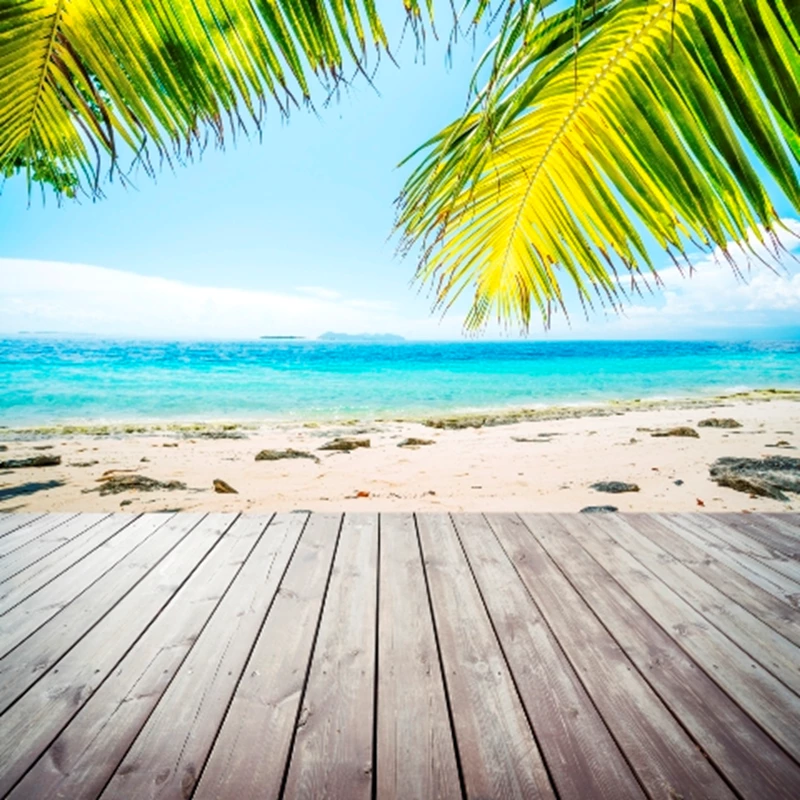
If you're thinking about buying a holiday home in France you'll need to set aside an average of 10% of your budget for taxes. Below, we tell you how these sums break down and what you should expect to pay when.
You should not only factor fees and charges into your budget when buying a house, but you should also be aware of when monies are due so that you have the necessary funds available in plenty of time.
When you agree to purchase and sign the Compromis de vente you will be required to pay a maximum of 10% deposit. Transfer this money in cash or cheque form to the solicitor (Notaire) in charge of the sale rather than to the vendor as it will then be held securely until you complete on the property and all searches have been conducted satisfactorily.
Legal fees will be up to 8% of the purchase price for older properties and 4% for brand new properties and should be payable upon completion of the sale.
Estate agency fees of between 5 and 10% can be payable and unfortunately it depends on a case by case basis whether the buyer or vendor pays these fees.
If you're taking out a French mortgage and are living in France and a french resident for tax purposes you can raise up to 100% of the purchase price, if you're a tax payer in another EU country you can raise up to 85% and if you're a tax payer elsewhere you can raise up to 80% of the purchase price in the form of a French mortgage.
You will have to pay an arrangement fee of around 1% of the mortgage amount.
If you do take out a mortgage in France you'll have to have life assurance to secure the loan and this can either be arranged when you take out your mortgage through the lender or you can take out an independent policy. Generally speaking a life assurance policy will be medically underwritten so if you're in good health and lead a healthy life the payments will be lower.
